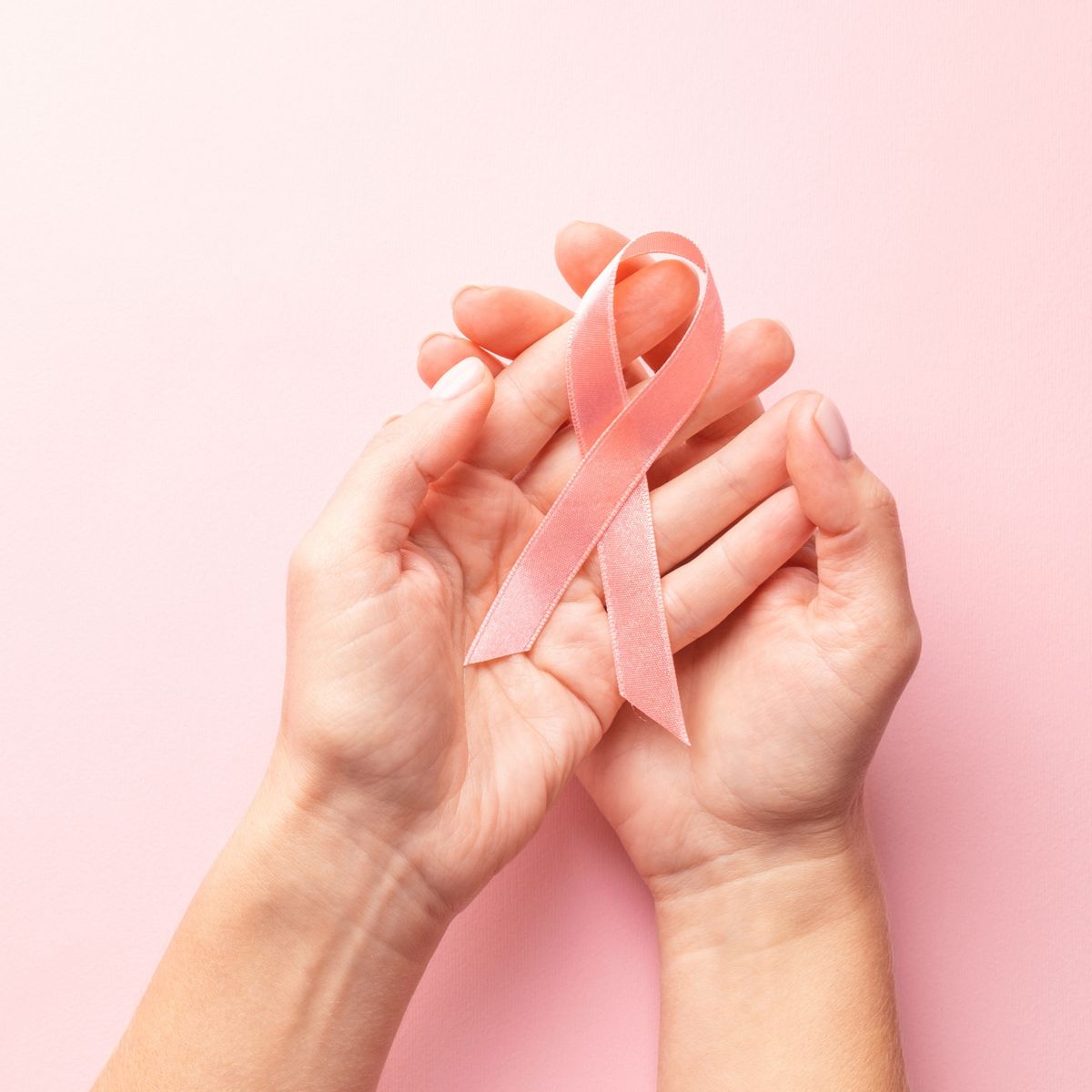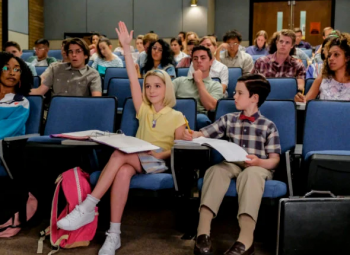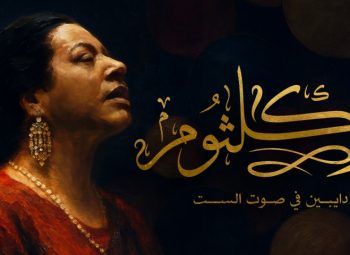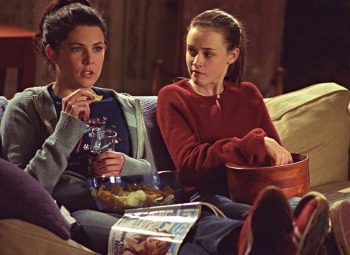Each October, Breast Cancer Awareness Month arrives as a reminder of the importance of early detection, treatment, and community support. But beyond the pink ribbons and awareness campaigns lies a more profound and often overlooked message: the need to challenge the stereotypes surrounding survivors. Society frequently defines them by their illness rather than their resilience, overlooking the power and individuality that come after recovery.
The Weight of Stereotypes
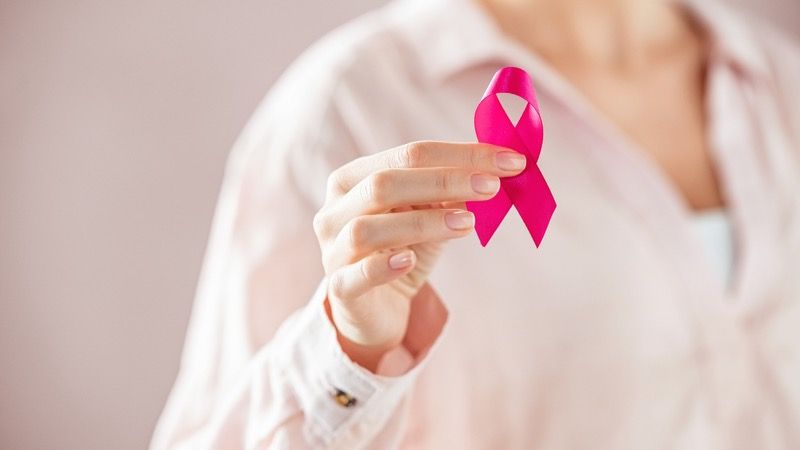
Breast cancer survivors often face assumptions that they are fragile, constantly ill, or emotionally broken. These misconceptions can make it harder for them to reintegrate into daily life or feel fully understood. Survivorship is too often viewed as an ending rather than a transformation. The truth is that many survivors emerge from their experiences stronger, wiser, and determined to live with renewed purpose.
Redefining Strength and Identity
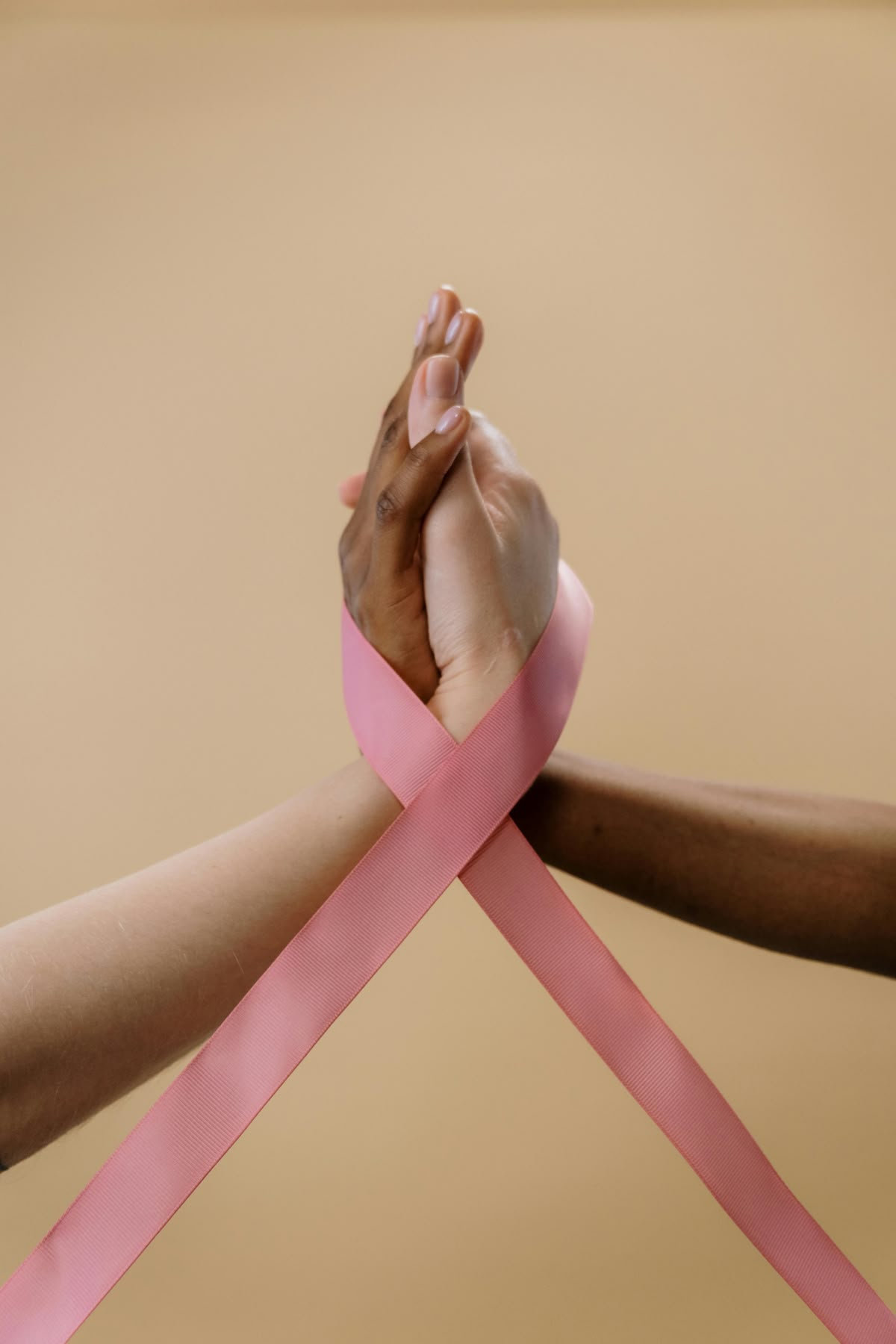
To break these stereotypes, society must recognise that surviving cancer is not the end of one’s identity but an expansion of it. Many survivors return to their professional lives, pursue creative passions, or dedicate themselves to advocacy work. Their stories are filled with courage, humour, and personal evolution. By framing survivors as whole individuals, not defined solely by illness, we honour the full spectrum of their humanity.
Rewind: Changing the Conversation in the Arab World

A leading voice in reshaping the discussion of cancer is Rewind, an Arab initiative that seeks to “break the barrier of fear” surrounding the disease. Through its online platform, rewindarabic.com, Rewind provides educational resources, awareness campaigns, and personal stories that reimagine what survivorship looks like. The initiative’s empowerment programme helps survivors rebuild their confidence, find a sense of community, and move forward with dignity. By shifting the focus from fear to empowerment, Rewind is fostering a more open and compassionate dialogue about cancer in the region.
The Power of Media and Representation
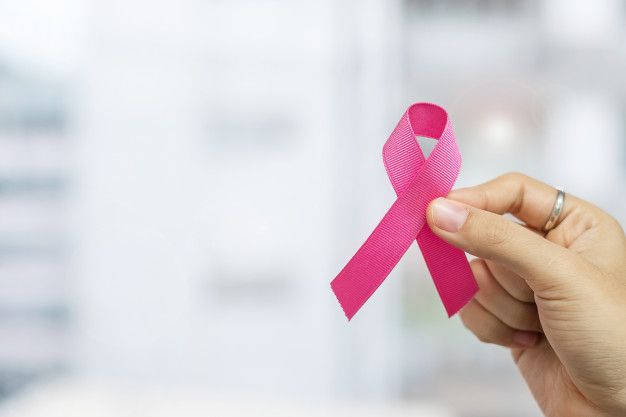
Language and media play a crucial role in how survivors are perceived. When news outlets or social media focus solely on the suffering, they reduce complex lives to single narratives. Portraying survivors as vibrant, multifaceted people, with careers, families, and dreams, helps normalise survivorship as part of life rather than an identity defined by illness. Representation matters because it shapes empathy, awareness, and societal attitudes.
A Call for Awareness Beyond October
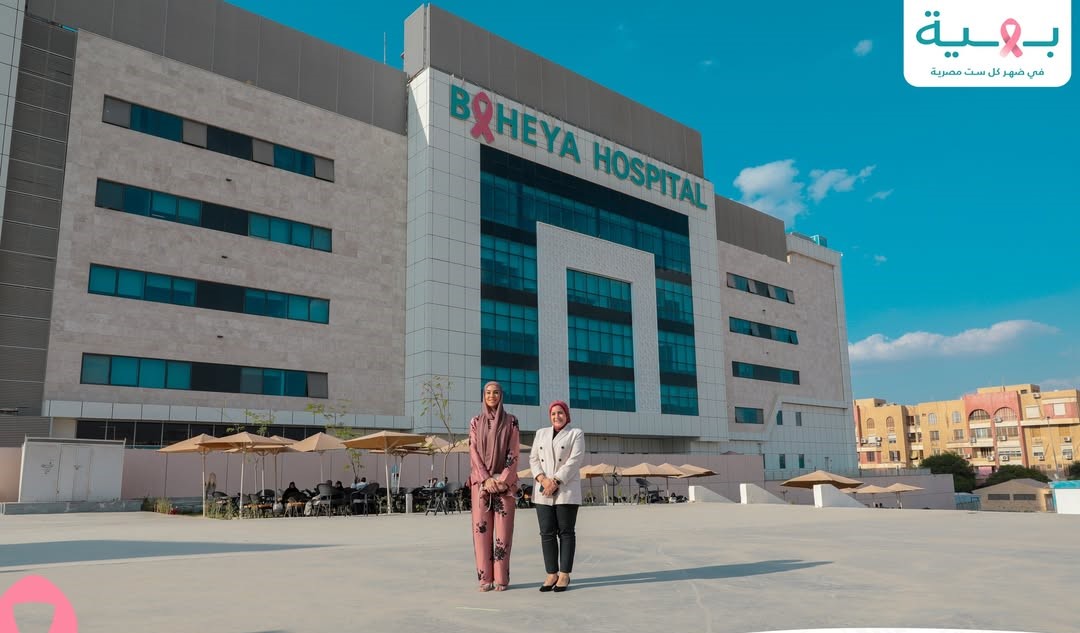
Breast Cancer Awareness Month should not end with the calendar page. Proper awareness comes from listening to survivors’ experiences, supporting inclusive spaces, and confronting our own biases about illness and recovery. Initiatives like Rewind remind us that empowerment begins when stories are told honestly and without stigma. Every survivor’s journey is a testament not only to endurance but to the human capacity for renewal, and that deserves to be celebrated all year long.

